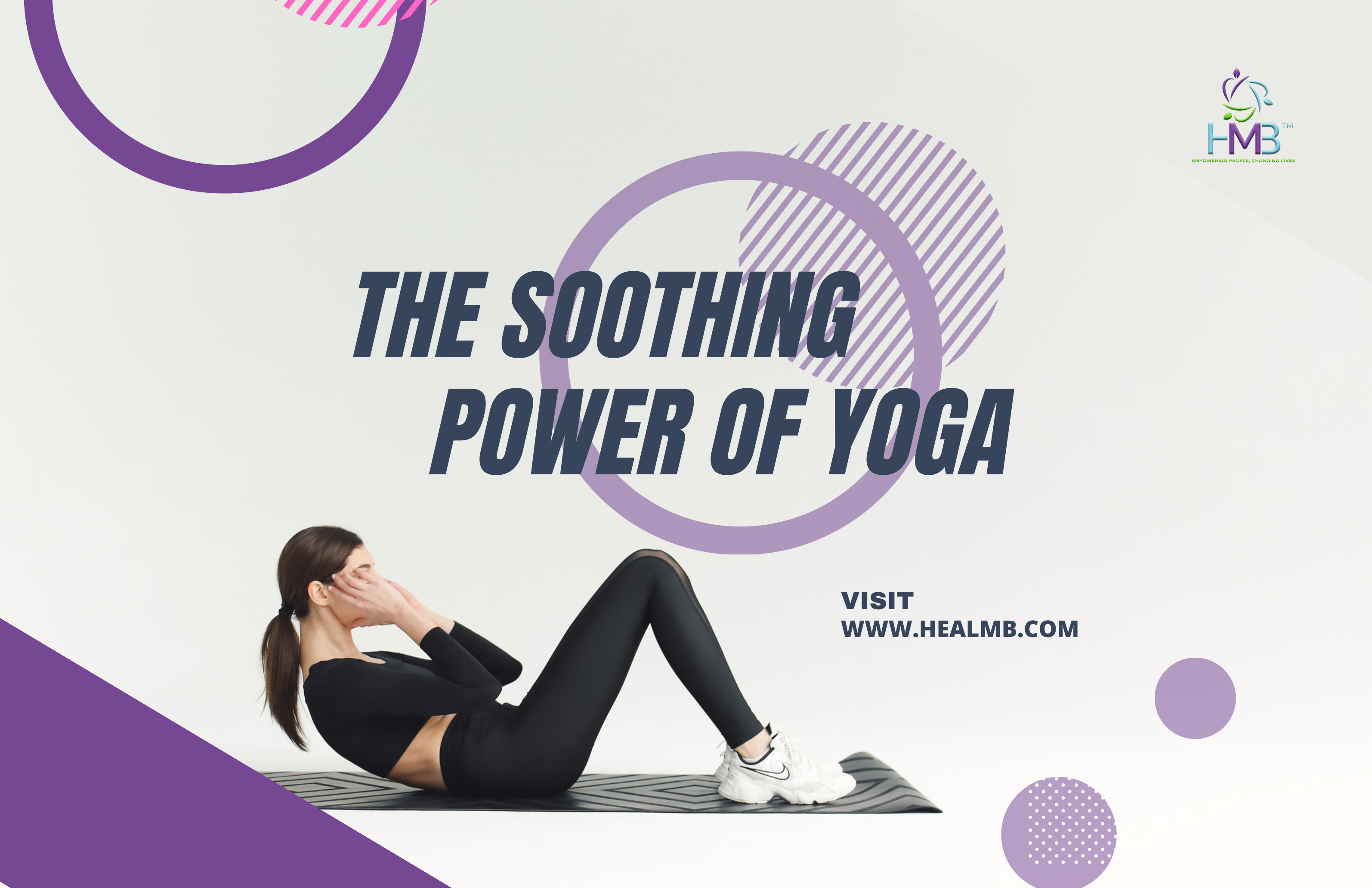In today’s fast-paced world, stress seems to be an inevitable part of daily life for many. Whether it's due to work pressures, personal responsibilities, or the constant bombardment of information, stress can take a toll on both our mental and physical well-being. Fortunately, there's a practice that has been revered for centuries for its ability to reduce stress and promote relaxation: yoga.
Yoga is much more than just a physical exercise; it's a holistic practice that encompasses breathing techniques, meditation, and various postures aimed at harmonizing the body, mind, and spirit. Here’s how yoga can help alleviate stress:
- Breath Awareness: One of the fundamental aspects of yoga is conscious breathing. Through pranayama techniques, practitioners learn to deepen and regulate their breath, which has a direct impact on the nervous system. Deep, slow breathing triggers the body's relaxation response, reducing the production of stress hormones like cortisol and inducing a sense of calmness.
- Mindfulness and Meditation: Yoga encourages mindfulness, the practice of being fully present in the moment without judgment. By focusing on the sensations of the body, the rhythm of the breath, or a specific point of concentration during yoga poses, practitioners cultivate a state of awareness that can help them detach from stressful thoughts and worries. Meditation, often incorporated into yoga practice, further enhances this mindfulness, promoting inner peace and mental clarity.
- Physical Relaxation: The physical postures, or asanas, practiced in yoga are designed to release tension and promote relaxation throughout the body. Holding poses such as Child's Pose, Corpse Pose, or Legs-Up-the-Wall Pose can soothe the nervous system, stretch tight muscles, and alleviate physical symptoms of stress, such as muscle tension and headaches.
- Stress Reduction Hormones: Regular practice of yoga has been shown to increase the production of neurotransmitters like serotonin and gamma-aminobutyric acid (GABA), which are associated with feelings of well-being and relaxation. Additionally, yoga may stimulate the parasympathetic nervous system, often referred to as the "rest and digest" system, which counteracts the body's stress response.
- Emotional Balance: Yoga provides a safe space for practitioners to explore and process their emotions. By tuning into the body and observing the mind-body connection, individuals can develop greater emotional resilience and self-awareness, allowing them to respond to stressors with more clarity and equanimity.
Incorporating yoga into your routine doesn't require hours of practice or advanced flexibility. Even just a few minutes of mindful breathing or gentle stretching can make a significant difference in your stress levels and overall well-being. Whether you're a seasoned yogi or a beginner, the practice offers a sanctuary of tranquility amid life's chaos, helping you navigate the ups and downs with grace and resilience. So roll out your mat, take a deep breath, and let yoga guide you on the path to inner peace and relaxation.
